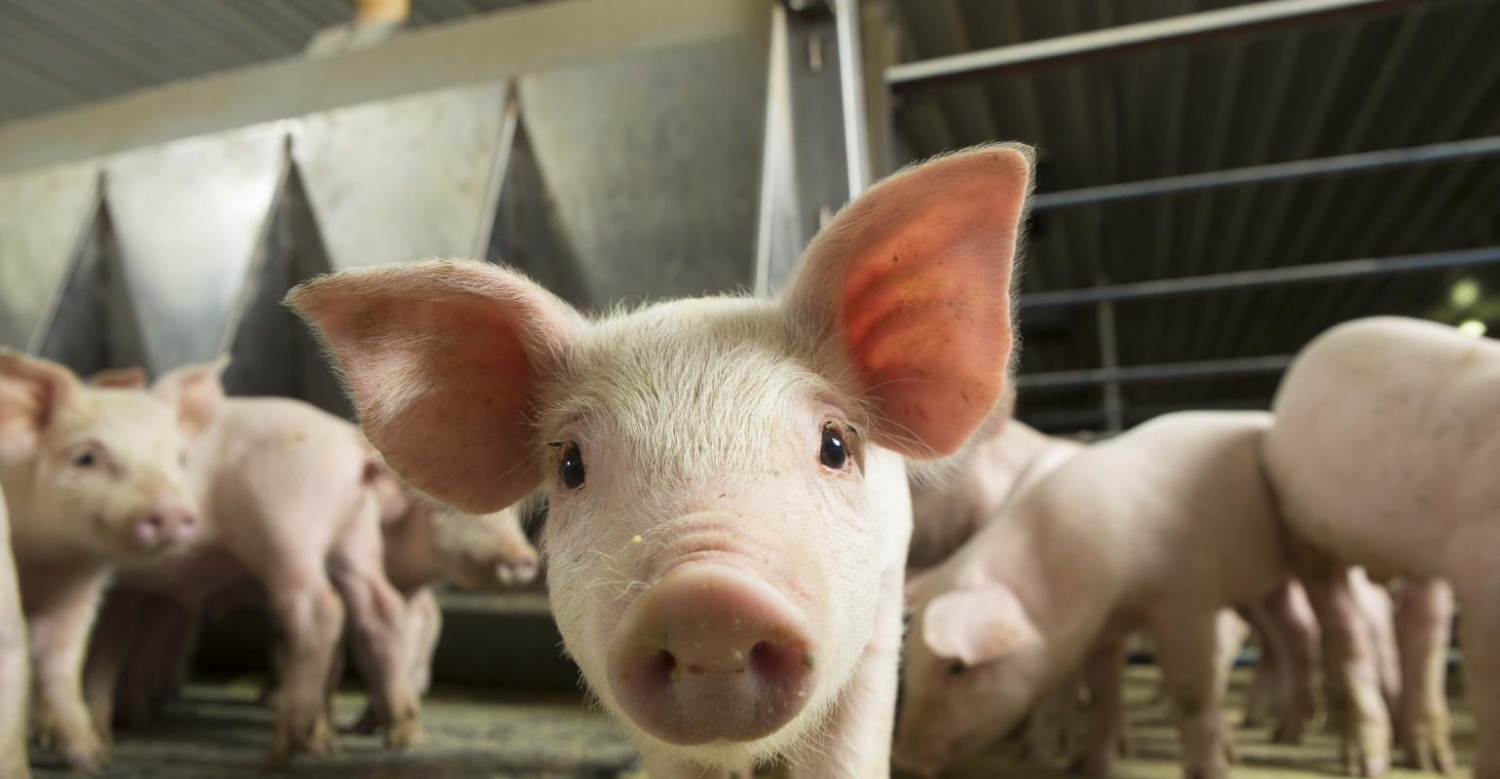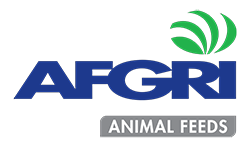Promoting Gut Health in Piglets
Leeché Storm: Technical Advisor, AFGRI Animal Feeds

Gut health in pigs has become a vocal point in the swine industry in recent years. Intestinal health has become a priority since it allows to improve performance, reduce production costs and achieve a high level of animal welfare. Globally the use of antibiotics is being discouraged, but with piglets going through the weaning process, antibiotics has been a helping hand through the transition from the lactation phase to the weaner phase. The goal is to avoid using antibiotics and for that a healthy gut is needed to adapt to the stress of weaning.
The formulation of the diet is key in maintaining a healthy gut, but also the practical management of the feed post weaning improves the nutrients available for growth and immune function. Encouraging increased and continuous feed intake is essential in lowering the risk of disease and improved performance. Each of these factors are important for optimized feed intake:
– Adequate feeder space and feed availability
– Adjustment of feeders according to size and eating habits of the pigs
– Always remove stale or spoiled feed
– Proper maintenance and adjustment of water nipples
With feed contributing to around 70% of production costs, nutrition is the most important driver in pig production. A good feeding program not only meets the nutritional requirements of the pigs in each phase of their life, but also promotes a healthy intestine. The intestine protects the pig through maintenance of the microflora in the gut and aids in the release of antibodies to fight against pathogens. Tissues in the gastrointestinal tract makes up a large portion of the immune system of the pig, supporting these tissues with the required nutrients contributes to a stronger immune system and a better feed conversion ratio. A healthy, well-developed piglet has better growth potential than a struggling piglet. When improving the gut health of a piglet pre-weaning, it will be less likely to experience the challenges of weaning and a changing diet.
The change of diet in the early phases of a piglet’s life can alter the gut microflora and cause stress on the animal, this leads to a weakened immune system prone to diseases. Bad bacteria can multiply and cause infections, leading to a reduction in the piglets’ digestive and absorption capacity. This is highly prevalent when the piglet is weaned from milk to solid food as well as being moved to the weaner house where the pigs are grouped together. Loss of body mass can be seen where the energy and nutrients to be used for growth is now used to fight disease, resulting in a poor feed conversion to body mass and ultimately an economic loss.
In commercial pig production it is important to analyze the cost to benefit ratio of the implementation of a gut health program in the feeding regime. Supplementation of direct-fed microbial products in the feed to improve intestinal health has been shown to maintain a healthy gut and as a result reducing the need for antibiotics. Improved gut health has also been proven to reduce the incidence of diarrhea and lower mortality rate. Direct-fed microbial products can be added to the diets or water supply to aid in the building of healthy gut microflora.
Gut health is not just the effective digestion and absorption of feed, but also the absence of disease. A healthy piglet is enabled to sustainably perform to its full genetic potential by growing through the phases until slaughter at the desired weight. With a healthy gut, more pigs will enter the grower phase at a better weight, thus being more profitable.

.png)

